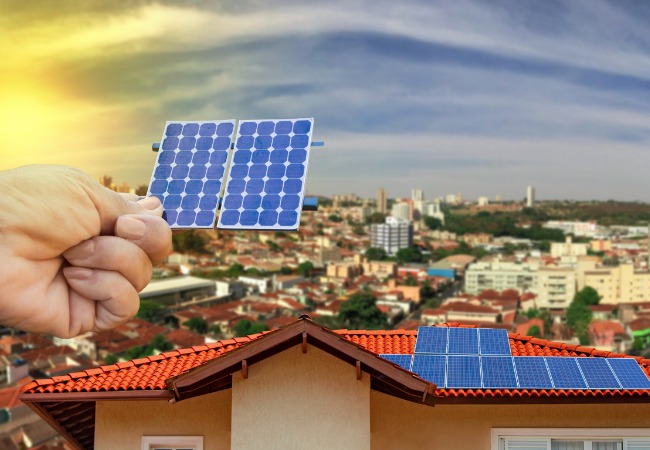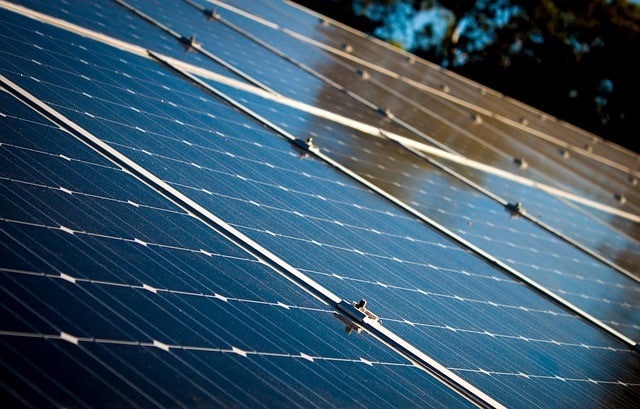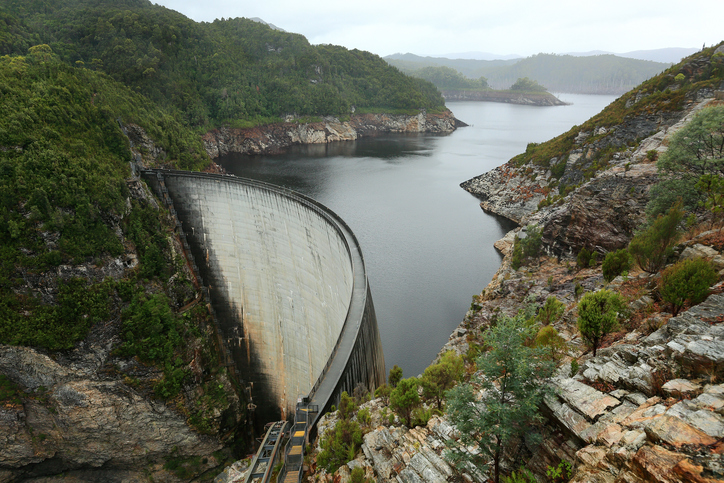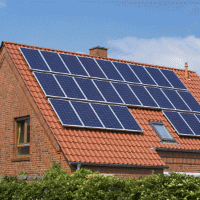Australians may have missed out on Labor’s renewable energy plans for the nation with their election loss this past weekend. But there’s plenty of help available in solar power and battery rebates – supporting the environment as well as slashing their power bills.
Let’s take a look at what financial assistance is offered around the country. Some of this comes from the Federal Government, and other incentives originate with various State Governments. As we will see, the extent of these rebates varies enormously depending on where you live in the country.
Federal support for residents and business keen to go solar
The Federal Government still subsidises the installation of domestic and commercial rooftop solar panels. Thanks to its Renewable Energy Target, all Australians get what amounts to a discount on the upfront cost of solar installations.

The Small-scale Renewable Energy Scheme is slowly being phased out. However, there’s still time to cash in using the Small-scale Technology Certificates (STC) awarded to you when you buy a solar power system.
Each STC has a dollar value which varies according to installation size. Your solar retailer redeems this for you according to government regulations – and it can amount to thousands of dollars.
Find out more about how much you can save on our STC and solar credits page.
Meanwhile, state governments are setting their own ambitious renewable energy targets. They also have their own solar power and battery rebates programs to reduce the cost of solar panel and battery systems.
Victorian Solar Homes Program
In April 2019 the Victorian Andrews Government handed out its 10,000th solar energy rebate as part of the state’s highly successful Solar Homes program.

Applications reopen on July 1 for the second phase of this expanded scheme. Residents will then be able to apply for interest-free loans for solar installation purchase. This extends to 50,000 rental properties.
Eligible homeowners could save $4,850 on installation of an 11 kWh battery unit. As a result they would save up to $650 a year on top of solar panels savings.
NSW Empowering Homes program
NSW’s conservative state government since 2011 has meant that it’s traditionally been behind the curve when it comes to solar power and battery rebates. A new rebate scheme in NSW could help up to 300,000 households across the state slash their electricity bills.

Premier Gladys Berejiklian says the 10-year Empowering Homes program means $3.2 billion investment in renewable energy.
It offers interest-free loans for purchase of solar energy and battery storage systems.
Queensland Solar No Interest Loans
Queensland is busy extending its successful solar battery rebate and loans scheme. In the first phase, 1,500 applicants won grants up to $3,000 along with interest-free loans up to $10,000.
The Sunshine State also has the highest proportion of households with solar installations in Australia. The loans scheme will ensure they have battery storage to maximise power efficiency and savings.
ACT Solar for Low Income program
Until December 2020, eligible low-income ACT residents can apply for a rebate of up to 50 per cent on supply and installations costs of a new solar power system. Homeowners with an Australian Government Pensioner Concession Card can apply.
Pensioners can also apply for an interest-free loan to pay back the remaining costs over three years with no deposit.
Tasmania – water, water everywhere…
Tasmania is the land of hydro electricity, and although there is government support for commercial-scale solar, residents looking to install rooftop solar rely on the national SRES for their rebate (see above).

But Tassie is still doing its bit for the nation’s renewables, with another submarine interconnector to the mainland planned. This will feed hydroelectric power generated in Tasmania into the national electricity market. It is being promoted as making the Apple Isle the ‘Battery of the Nation.’
Let’s hope for consumers’ sake solar power and battery rebates are on the agendum as some time in the future.
South Australia’s Home Battery scheme
With a Home Battery scheme subsidy of up to $6,000 on the cost of a battery and low interest finance available if needed, South Australia is living up to its reputation as the renewable energy state.
Home to the Big Battery, South Australia has no coal-fired power stations. The majority of its power is sourced from gas, closely followed by wind and solar. Electricity is expensive, which makes solar panels a sound financial decision despite the absence of a state rebate. Of course, South Australians also qualify for the national SRES (see above).
Western Australia solar power and battery rebates needed!
Like South Australia and Tasmania, Western Australians benefit from the national SRES, which gives them a varying rebate depending on location and solar panel system size.
The good news for existing WA solar panel owners is that power prices went up additional 2 per cent on annual bills in April this year. So, they are saving more.
According to The West Australian, this means power bills have increased by around 20 per cent since Mark McGowan’s Labor Government took office in 2017.
In fact, electricity disconnections in WA have reached a six-year high according to WA Economic Regulation Authority data. Nearly 20,000 West Australians have been cut off for non-payment of bills in 2017-18.
Northern Territory – it’s a gas!
There is no Territory solar power and battery rebates scheme for solar installations. The territory’s small and transient population and its remoteness are reasons why it would hard to introduce such a scheme.
The 2017 Roadmap to Renewables report recommended the government should publicise an asset retirement/replacement optimisation strategy for existing gas-fired generators. This would facilitate the adoption of new, competitively priced renewable energy generation alternatives.
The Northern Territory Government has committed to a target of 50 per cent renewable energy by 2030, up from an estimated four per cent in 2017. The plan is to build large-scale solar arrays, supplemented with gas generators – the Territory’s current major source of power.
However, the SRES still applies for rooftop solar – and if there’s one place you get a lot of sun it’s the NT.
Feed-in tariffs help Australians install solar
States and territories around Australia offer solar feed-in tariffs (FiTs). A FiT is the dollar amount electricity retailers pay householders and businesses for feeding their excess solar energy into the grid.
FiTs vary according to location and in some cases time of day. While they help recoup the cost of installation solar panels, it may be a better option to install a solar battery system.
You get a better financial return by storing your excess energy to use later on – during peak time or overnight. As a result, you avoid paying for retail power at a much higher rate than the FiT the retailer has offered you.
However, like solar power and battery rebates, FiTs are also easy to give and easy to take away. The best solution is to go solar now and take advantage of these programs while we have them.
These are just some of the incentives to invest in solar power and home batteries. In addition, some local councils organise bulk buys or off advice on solar, such as which installers you can trust. Find out more about these opportunities on our solar bulk buy, community and local council resource.












































